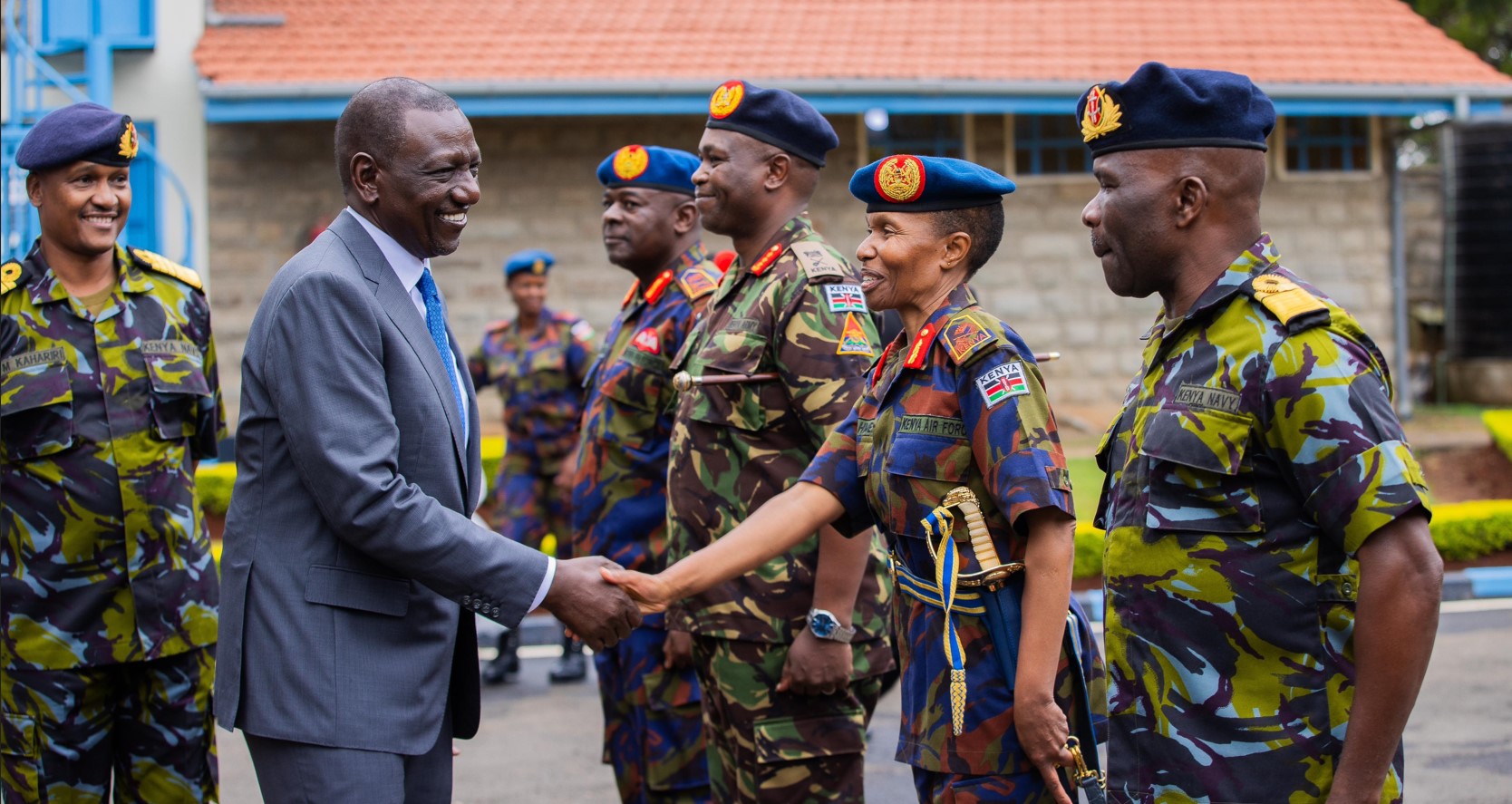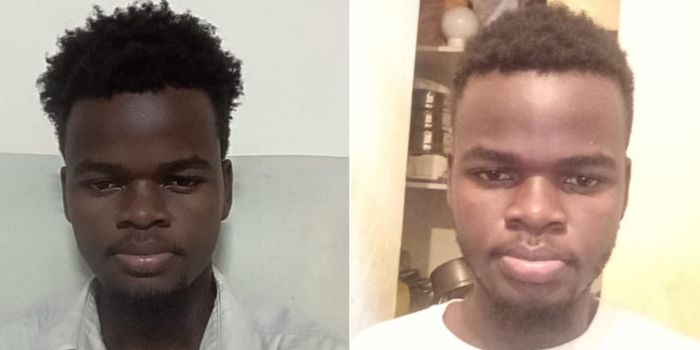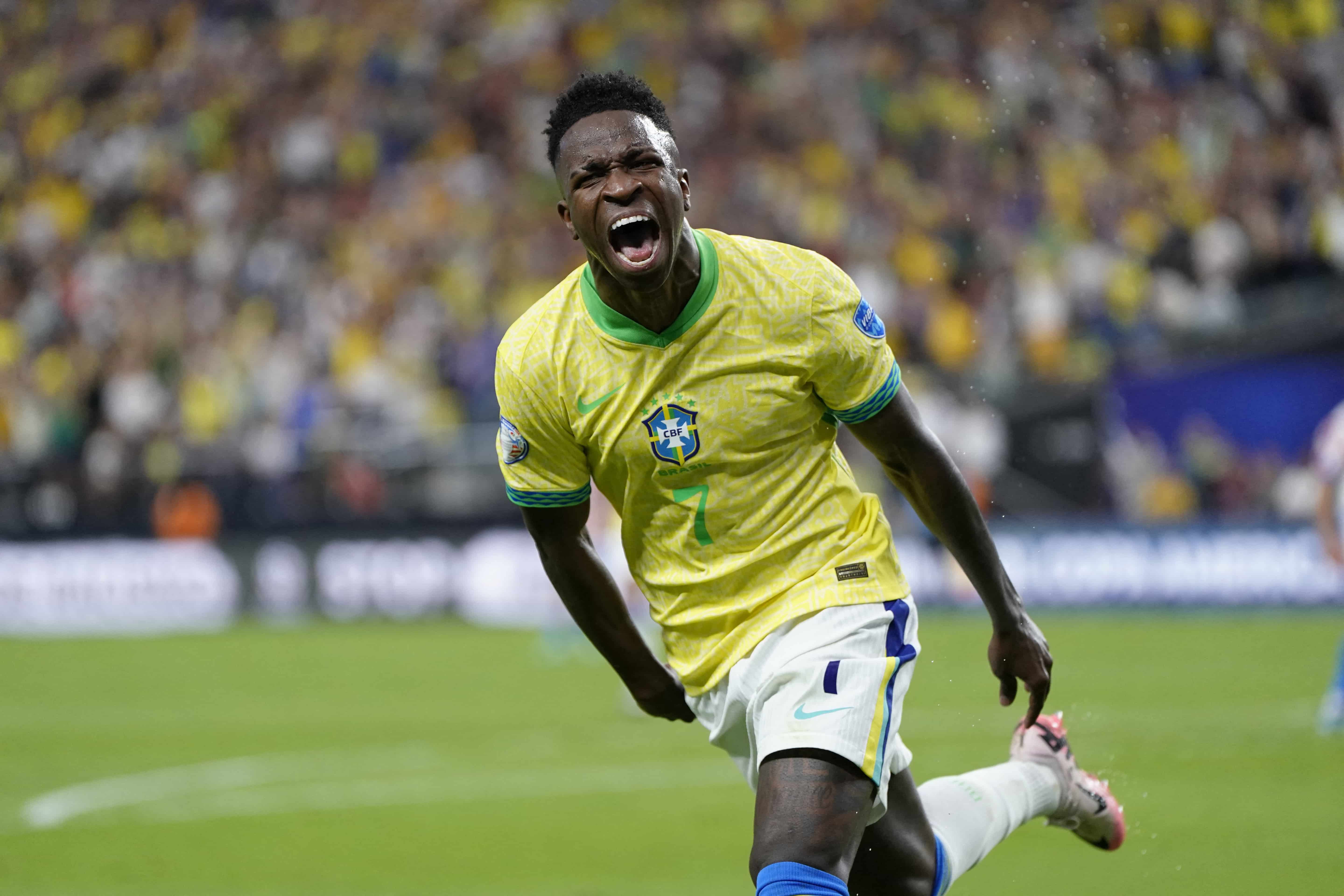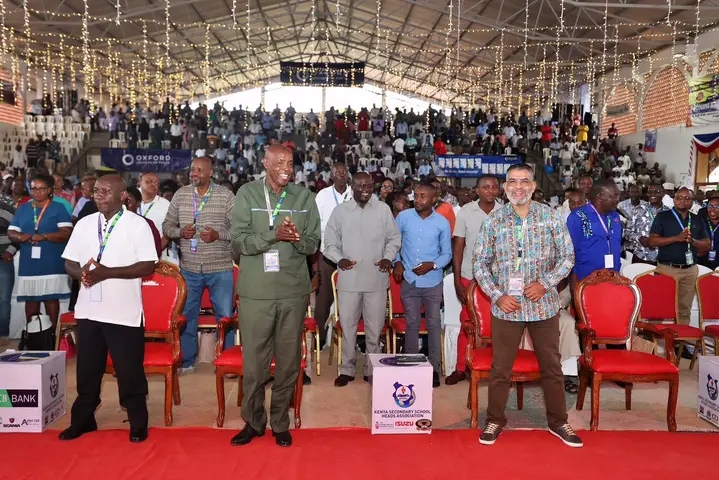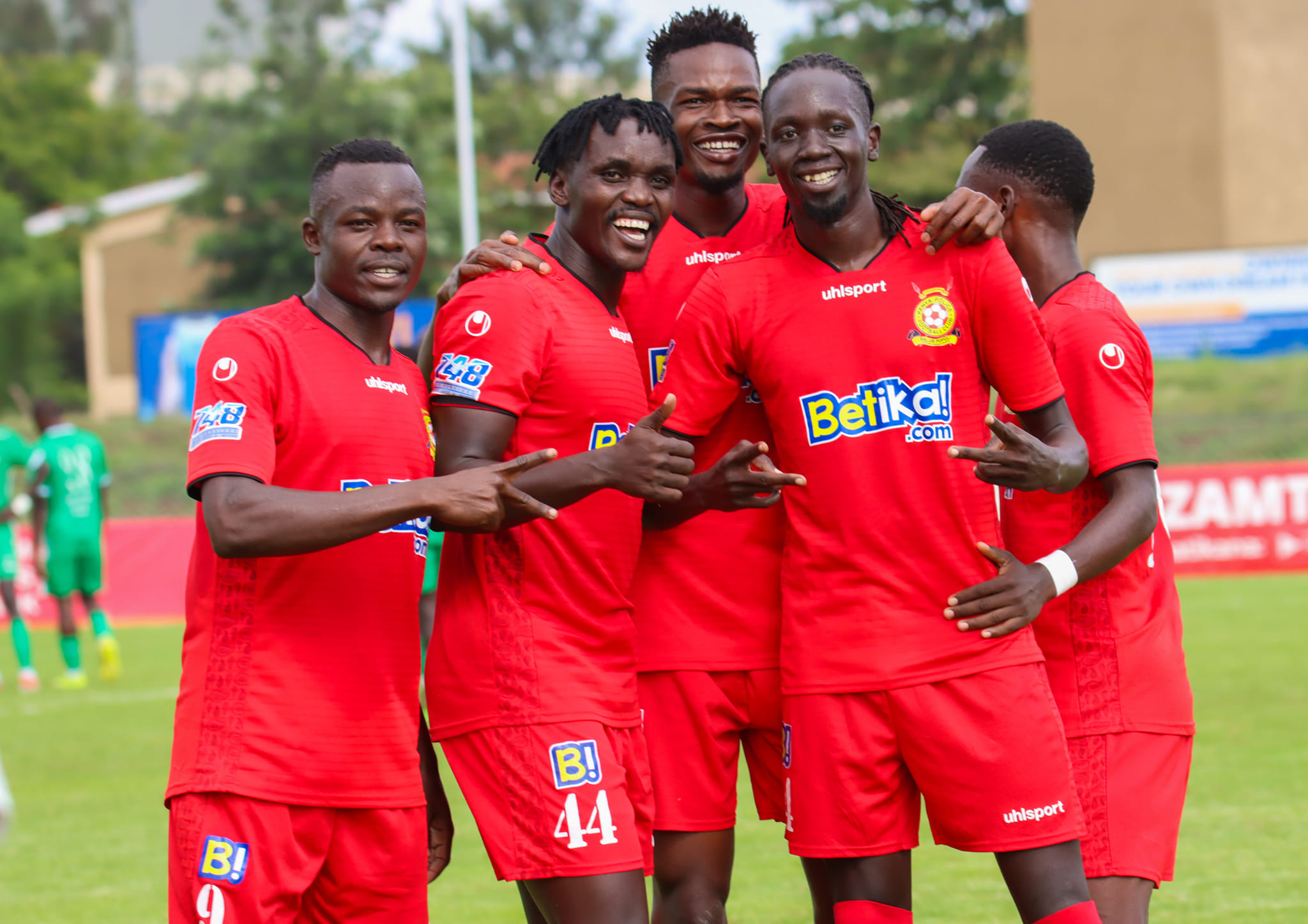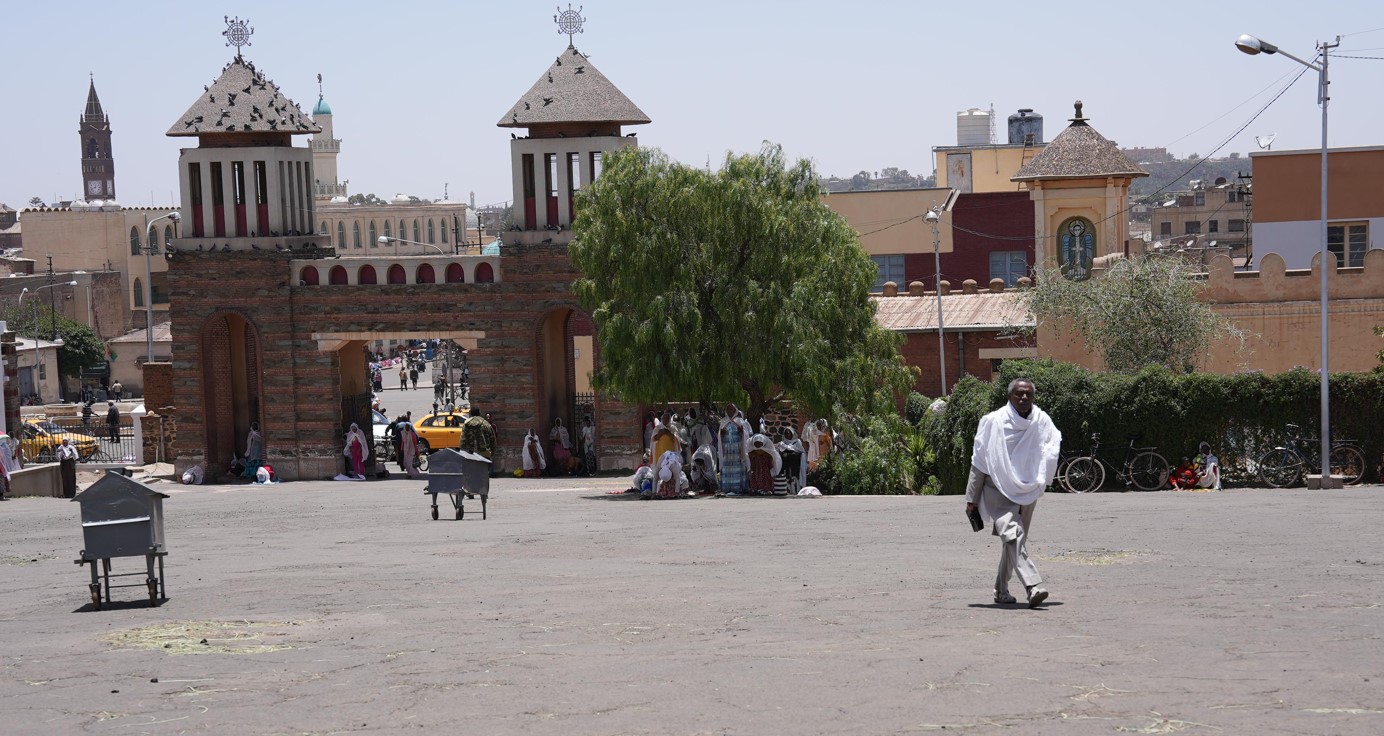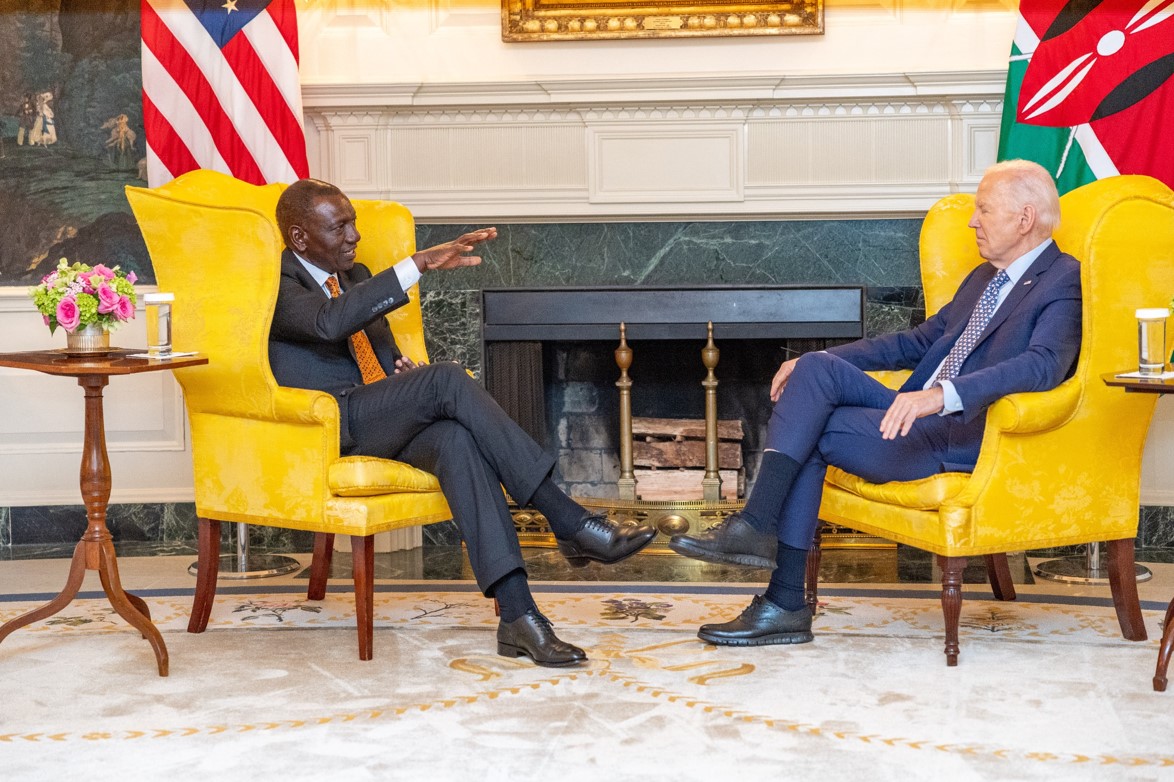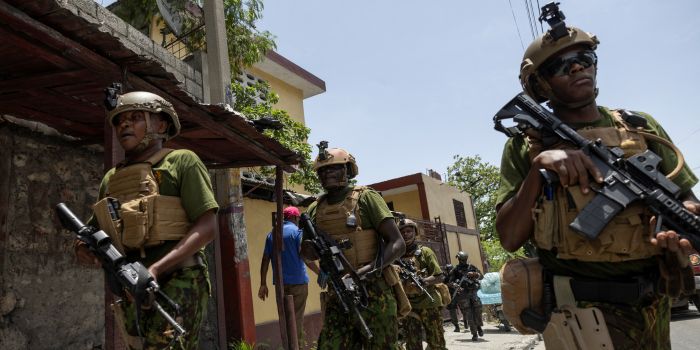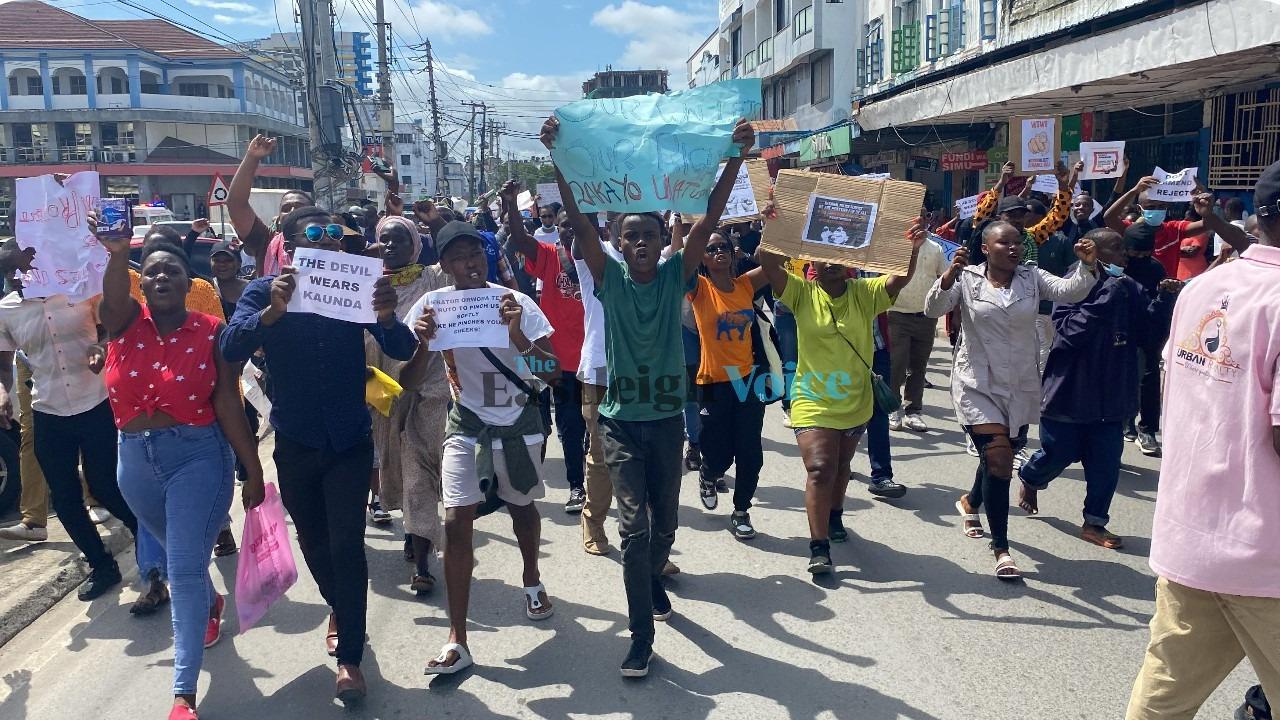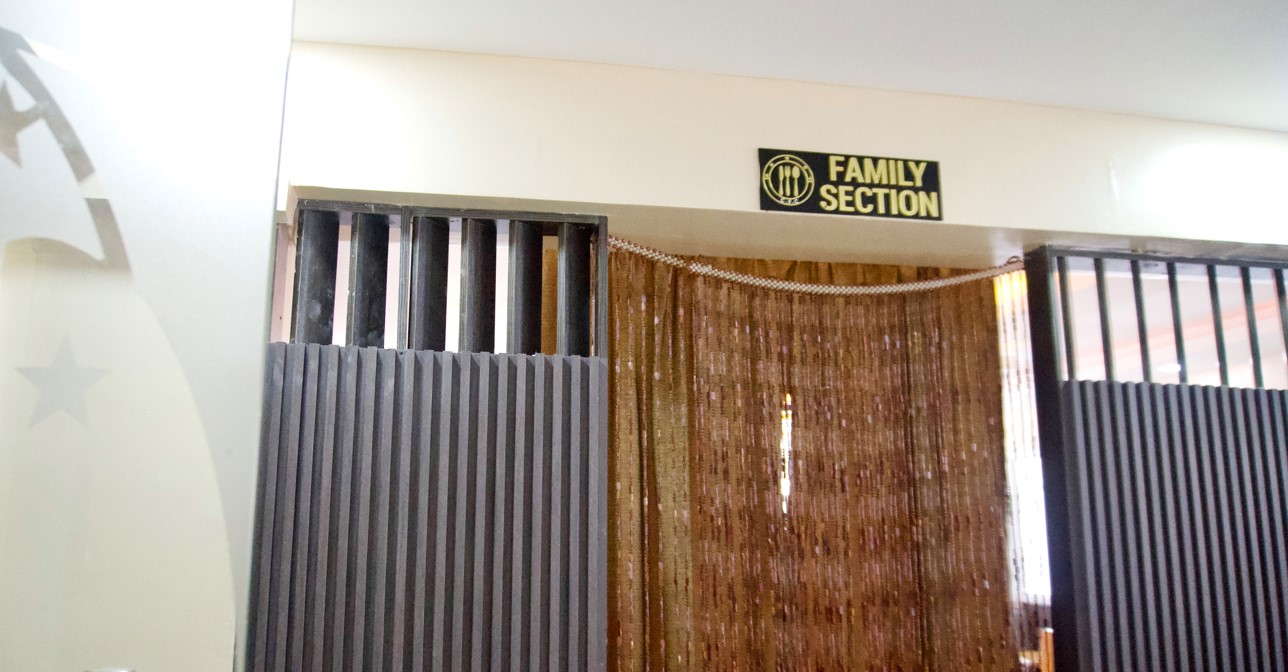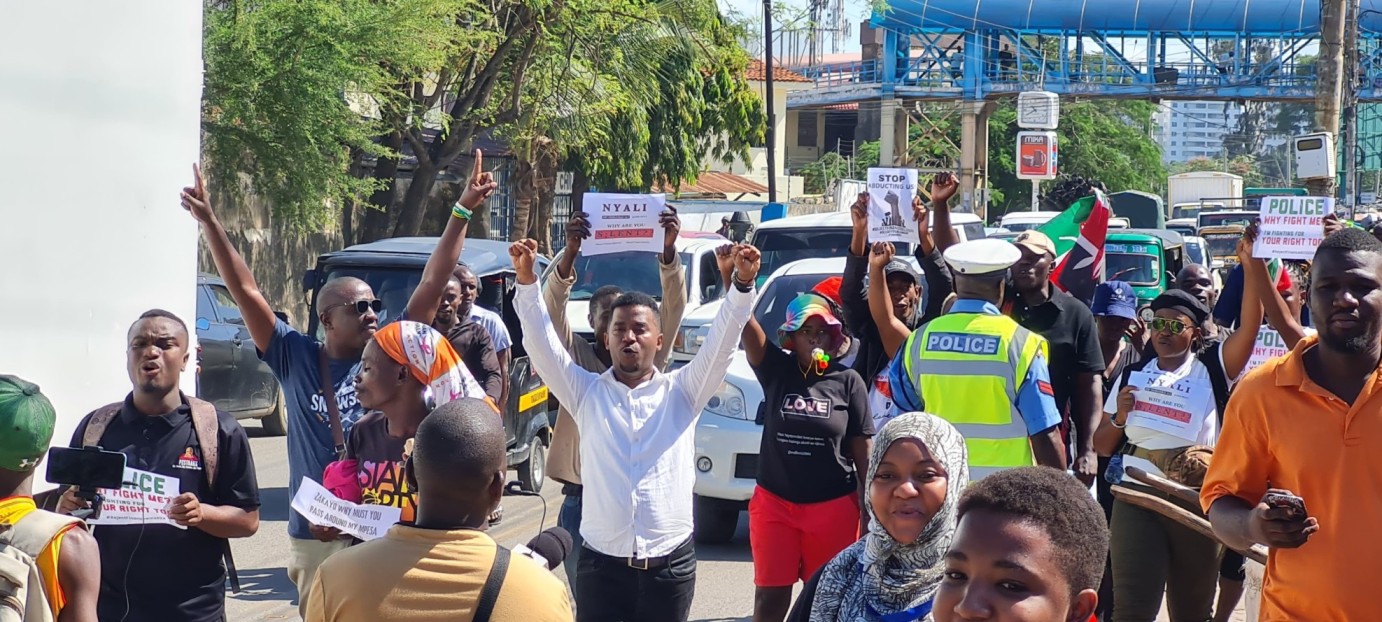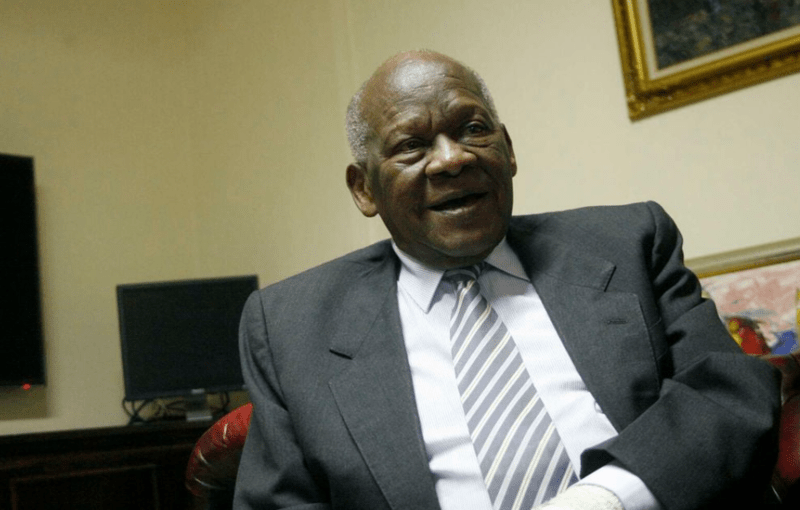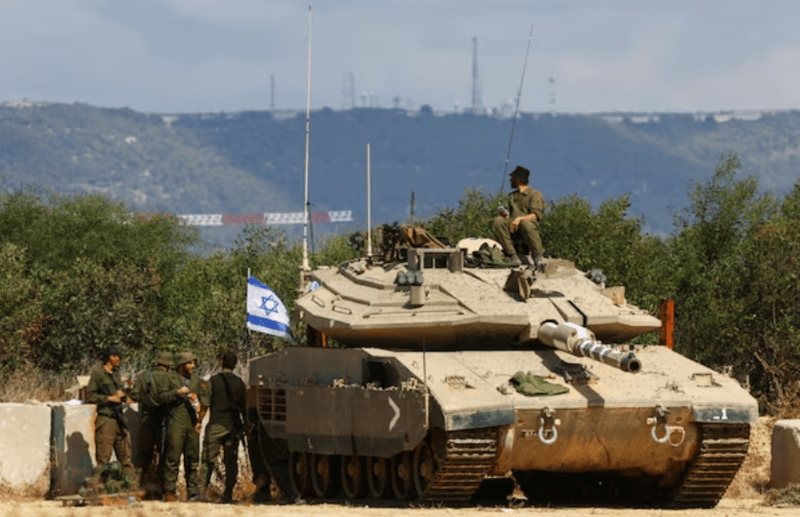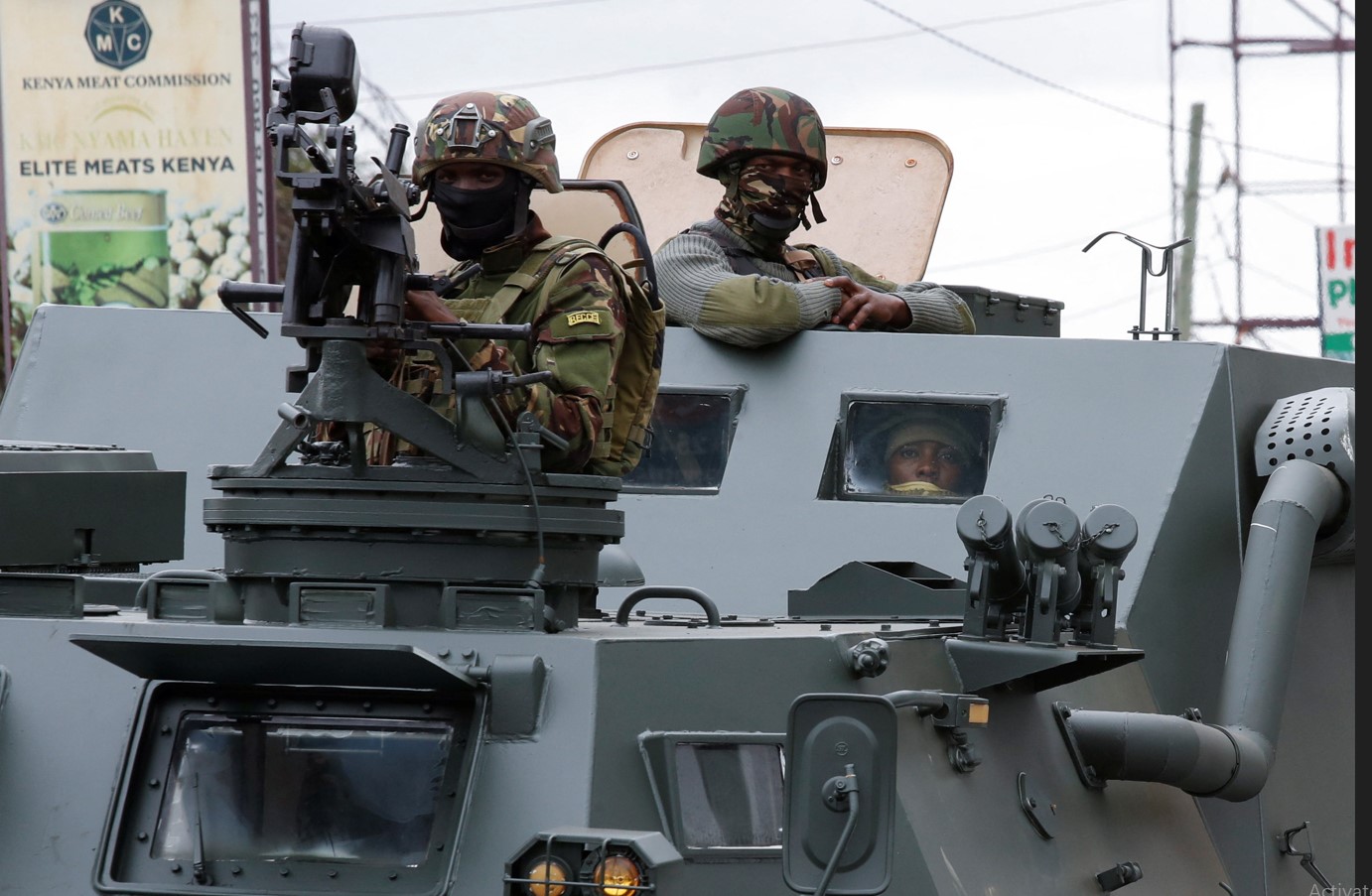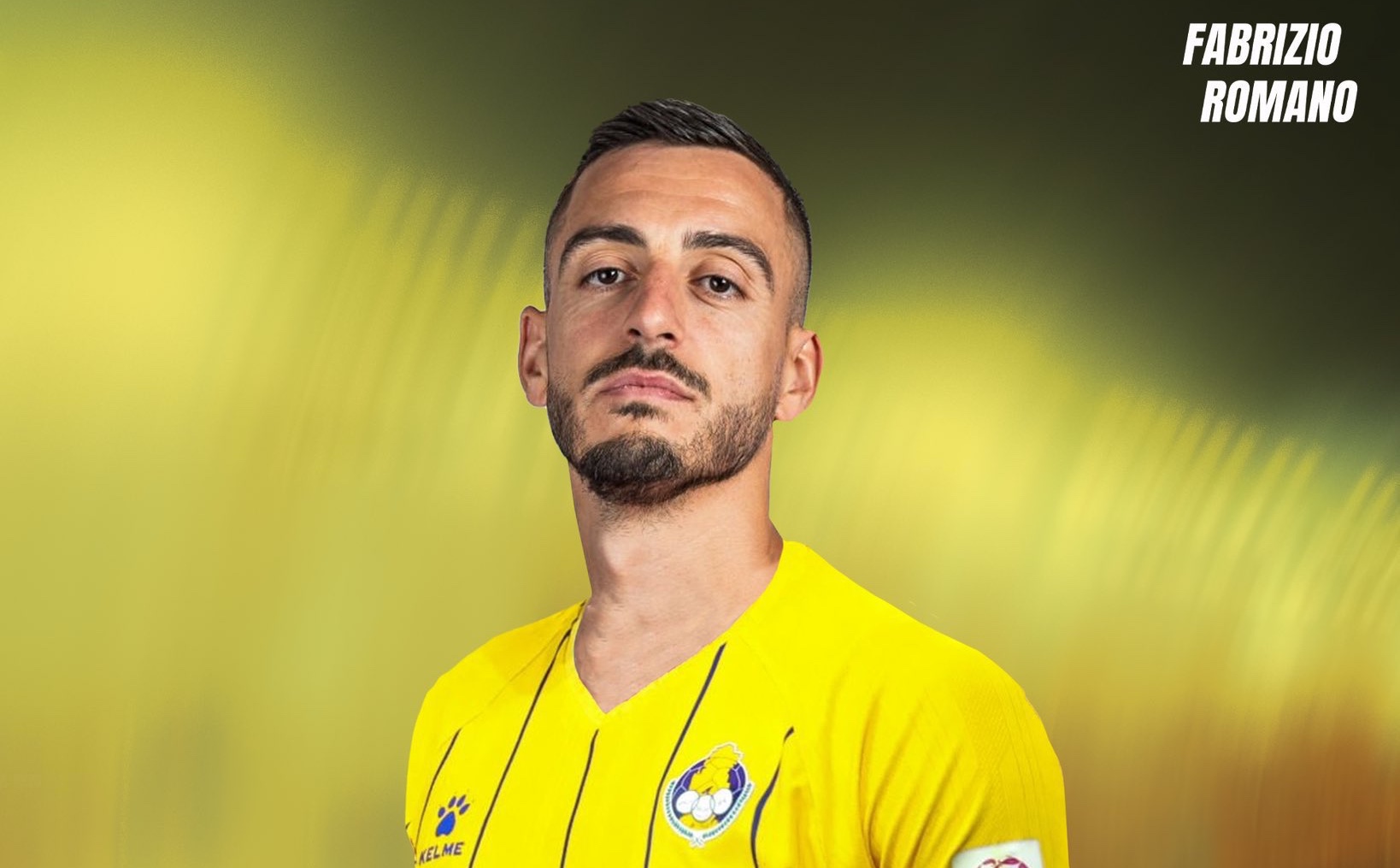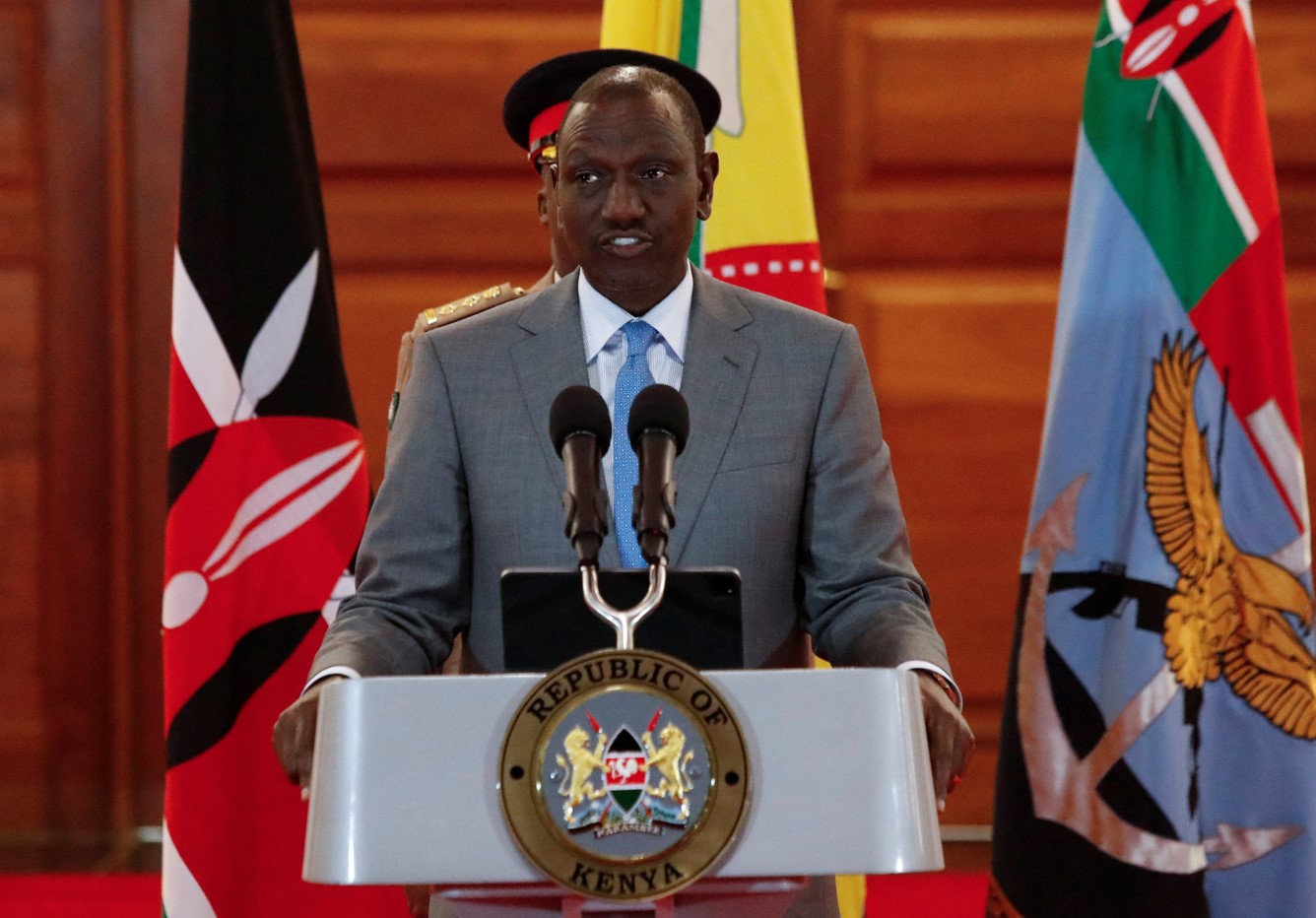The generosity, love and sacrifice brought by Eid ul-Adha

By Hanifa Adan |
This division of meat is not merely a ritual; it embodies the core Islamic values of generosity and charity.
Muslims normally celebrate two Eids every year. Ramadan, the holy month of prayer and fasting, is celebrated between February and March. The other one is called Eid Ul-Adha, known as the Festival of Sacrifice, and is one of the most significant holidays in the Islamic calendar.
This year’s Eid Ul-Adha falls on June 16. Its origin is steeped in the story of Prophet Ibrahim (Abraham) and his unwavering faith in Allah. This festival, commemorating Ibrahim's willingness to sacrifice his beloved son Ismail (Ishmael) upon Allah's command, is a profound lesson in obedience and trust.
Keep reading
"To my family, Eid Ul-Adha teaches obedience to your Creator and following His command, just like Nabi Ibrahim was obedient to Allah's wishes despite being told to kill his only son. It teaches us to trust Allah just like Nabi Ibrahim and a sheep was provided in place of his son," explains Abshir Isaack, a Muslim faithful.
This historical narrative is a tale of devotion and a living tradition that resonates deeply with millions of Muslims worldwide.
For Abshir Mohammed, the spirit of Eid Ul-Adha is rooted in the act of sharing.
"We share what is slaughtered with neighbours first, as they have a right over us, and we were taught by our Prophet (SAW) to be kind to neighbours. The slaughter is to benefit the less privileged and it is to teach us the importance of sharing. So they will also get something. For family, they will be there because you are celebrating together," he explains.
The practice of dividing the meat into thirds ensures that the benefits of the Qurbani reach everyone.
"Sharing is among the sunnah practices of that day, and it instils compassion, kindness, care, and love towards one another. A third for your family, a third for your relatives and neighbours, and the final third is for the less privileged," Abshir says.
The essence of Eid Ul-Adha extends beyond the historical narrative to practices that emphasise sharing, compassion, and community. The act of Qurbani, or sacrifice, involves slaughtering an animal, typically a goat, sheep, cow, or camel. This meat is then divided into three parts: one-third for the family, one-third for relatives and neighbours, and one-third for the less privileged.
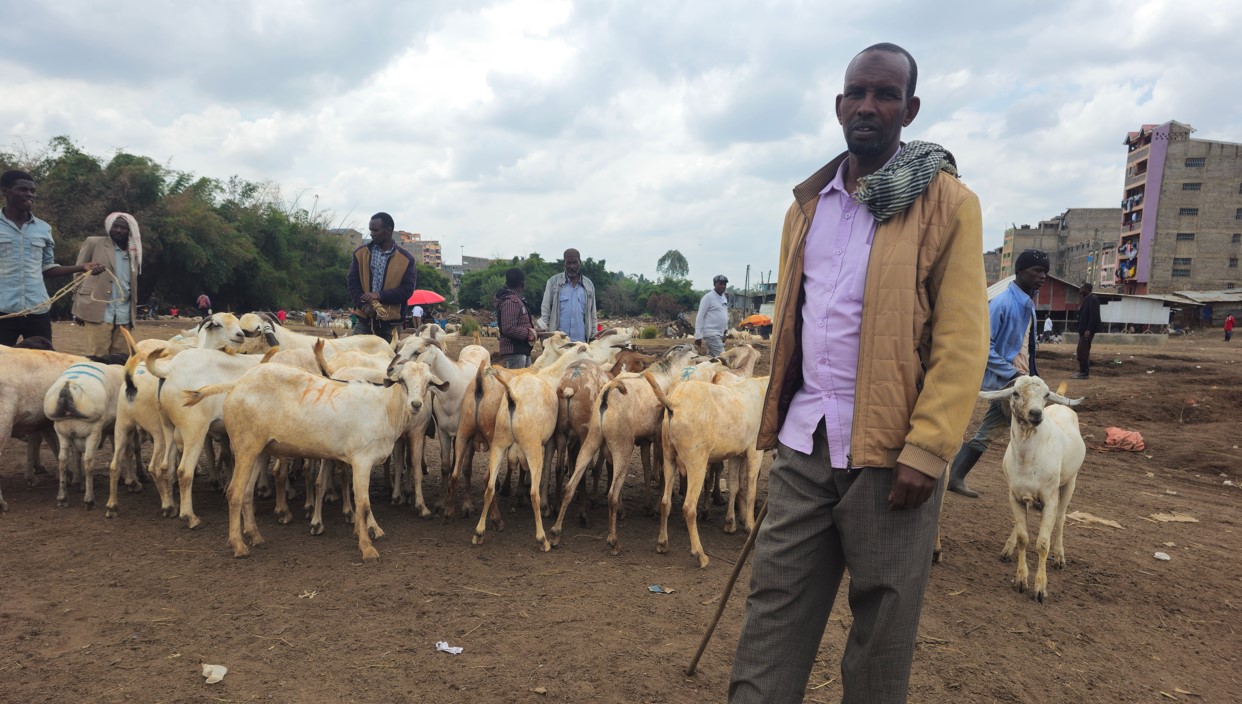 Animals are sold at Nairobi's largest goat market in Kiamaiko. (Photo: Abdirahman Khalif/EV)
Animals are sold at Nairobi's largest goat market in Kiamaiko. (Photo: Abdirahman Khalif/EV)
Mohammed Omar, another devout Muslim from Nairobi’s South B, explains the importance of this practice for his family.
"In Islam, when you slaughter a goat or sheep, you have to divide it into three. One part your family will consume, another part you will give to friends and neighbours, and the final third you give to the poor. We usually send to our less privileged families, who stay in villages in northeastern regions," he explains.
This division of meat is not merely a ritual; it embodies the core Islamic values of generosity and charity.
"Being a Muslim, it’s mandatory for me to slaughter an animal, and it’s also important to give charity to the less privileged in society, regardless of their faith. Giving charity never reduces one’s wealth; it purifies and increases one’s wealth," says Omar.
Eid Ul-Adha, therefore, is not just a festival; it is a manifestation of deep-rooted faith, the spirit of obedience and trust in Allah, and a celebration of humanity's shared values of generosity and compassion.
Through the act of Qurbani, Muslims worldwide are reminded of their duty to support the less fortunate and uphold the bonds of community and family.
Yasmin Abdullahi, a single mother of seven living in Korogocho slums, always anticipates Eid Ul-Adha each year with great hope.
"Eid Ul-Adha is my favourite Eid because of the overflowing generosity and communal love. My family and I have received our share of the Qurbani from neighbours and well-wishers. The sharing goes on for even a week. Different organisations also bring their share, which is distributed by our local mosques," she says with a smile.
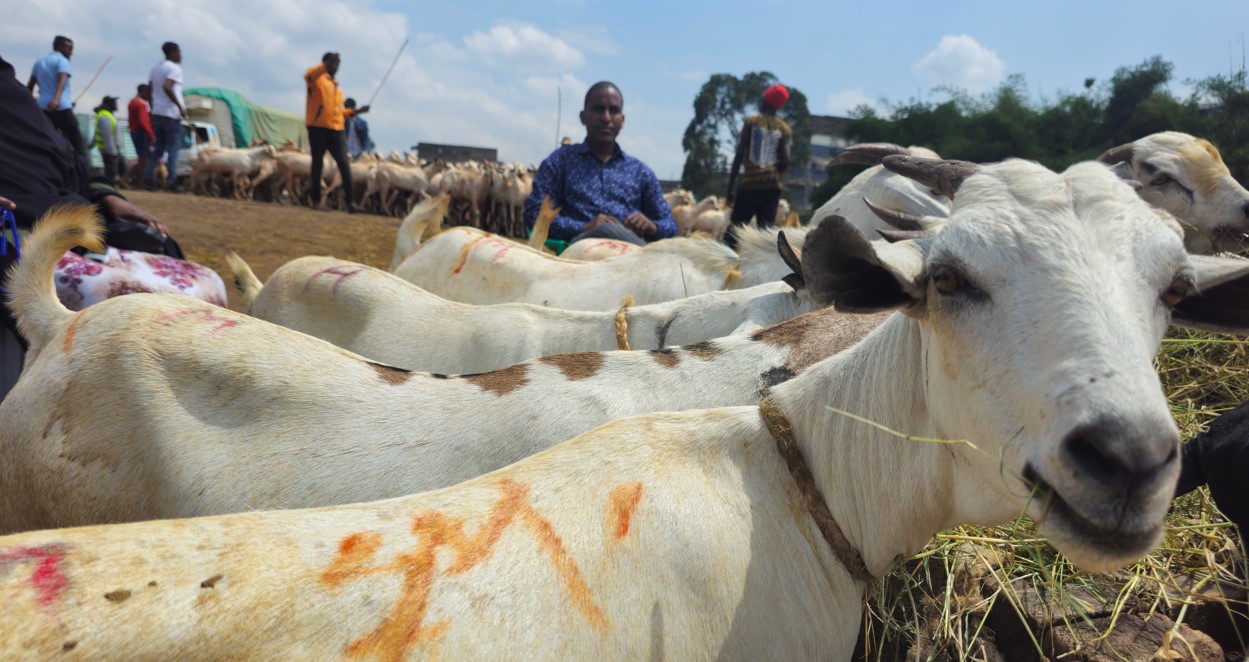 Animals are sold at Nairobi's largest goat market in Kiamaiko. (Photo: Abdirahman Khalif/EV)
Animals are sold at Nairobi's largest goat market in Kiamaiko. (Photo: Abdirahman Khalif/EV)
For Yasmin, the festival is more than just receiving meat; it is about experiencing the profound sense of community and kindness that Eid Ul-Adha fosters. Her children, too, feel the joy and warmth of the festival.
"The children get so excited when we receive the meat. It's like a celebration that continues for days. We cook together, share stories, and feel a part of something bigger than ourselves," she adds.
In Kiamaiko, Amina Gitu recounts the heartwarming moments of receiving meat from Muslims.
"One would bring goat meat, another camel meat, and another cow meat. It’s heartwarming to open the door each time and be welcomed with such generosity. The distribution goes on for days. We get calls every day that a certain organisation has brought meat and we should go take it. We can even get more than five calls a day for such events, and it makes you wonder about the goodness in this world."
Amina's husband died in 2014, leaving her to care for their four children. Despite the hardships, Eid Ul-Adha brings a wave of comfort and support to her family.
"The communal and Islamic love has made me and my children not miss out on Eid. It’s the time when we feel the community’s embrace the most," she says.
This structured generosity has a ripple effect, touching countless lives and fostering a spirit of unity and care. It is a powerful reminder that the essence of Eid Ul-Adha lies in giving and connecting with others. This connection transcends religious boundaries, reaching out to anyone in need.
“We are not Muslims but we are never left out of the celebrations every time they happen. Each of the Muslim neighbours that slaughters shares the meat with us. It is such kind of generosity that flows during this time that bridges the gap and strengthens bonds among neighbours and friends from different backgrounds and religions,” says Mama Brian, a shopkeeper in Fedha estate.
The festival is a time when the spirit of Islam shines brightly, illuminating the hearts of believers and spreading warmth and kindness far and wide.
In the words of Yasmin Abdullahi, "Eid Ul-Adha is a time of overflowing generosity and community love.”



